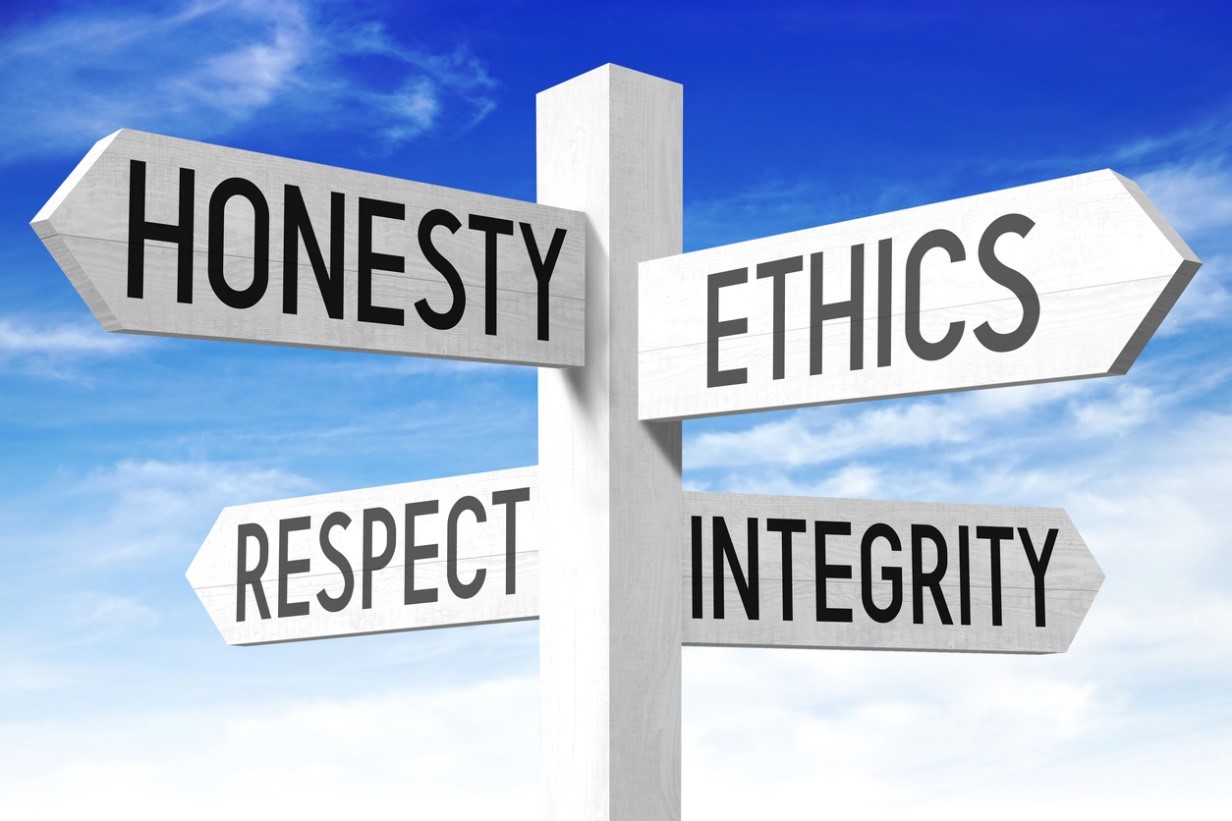Effective communication is the bedrock of sustainable growth and development, both personally and professionally.
Communication can make or break a relationship, either in business or personal pursuits. Being able to express yourself authentically in a constructive way can help develop a sense of mutual respect and trust – which is vital when assuming a professional leadership role.
It’s also imperative to a healthy company culture where employees feel safe and encouraged to provide honest feedback.
Difficult conversations can be hard to have, and even harder to hear, but effective communication is important for sustainable growth and development, personally and professionally.
Communication Challenges
Being open and honest are valuable qualities to have, which strongly impact the quality of the connections we share with the people in our lives.
Authenticity and honesty should be valued in your company culture, and your team should be equally invested in demonstrating truthfulness and openness in their work and relationships with co-workers and customers. Establishing trust and fostering an environment of good communication will pay off in the office environment and the overall future of your company.
It is easier, to be honest than it is to be open, but both are related.
The biggest barrier to open dialog in a workplace is the fear that issues, ideas, or opinions won’t be respected or taken seriously.
Or worse, that being open will only result in creating additional drama.
Starting the Conversation
Honesty and openness have to start at the top. If your team experiences its leadership communicating openly and honestly with composure and compassion, they are more likely to follow suit. Establish trust by creating opportunities to demonstrate and encourage effective communication.
Break Down Barriers: One exercise by EOS colleague Dan Wallace involves having the leadership team make a list of issues they are unwilling to discuss with colleagues due to awkwardness, fear, or a belief that such a conversation would be pointless. Then he has them rip up their list and throw it away. Then there is a discussion about how being open and honest requires courage, and that being courageous is an important component of good leadership.
Lesson to be learned from the exercise: Issues can’t be conquered without first being discovered. This symbolic act is the starting point of working together to create a culture that includes openness and honesty.
Define Expectations: It’s easier to promote an atmosphere of openness when expectations for each team member, and for the business as a whole, are clearly stated and promoted. Develop core values for your company and integrate those qualities in each role, task, and service provided by your business from the inside out. Communicate openly and clearly when core values are being violated and encourage your team to do the same. Speaking up is actually taking a stand for your coworkers and should be praised as such.
Provide an Open Forum: Set the stage for openness and honesty by demonstrating and encouraging them both at company meetings. Meetings often have a reputation for being ineffective and a waste of time. Integrate the EOS concept of a Level-10 meeting to create structure and increase efficiency in your weekly meetings. A Level-10 meeting also provides a regular opportunity for important discussions.
Practice Generous Listening: Although it seems almost patronizing to attempt to teach listening, it’s an important skill that should be reviewed company-wide. Listening is an integral part of the communication equation and being a good listener inspires a willingness to share openly and honestly. Generous listening involves:
- Eliminating distractions – Honor the speaker with your undivided attention. Put down your phone, close your laptop, shut the door, maintain eye contact, and create an environment conducive to conversation.
- Clear Lines of Communication – Make sure each team member understands who they report to and why. Eliminate gossip and instruct employees to direct issues, concerns, or feedback to the appropriate person.
- Allow time – Making time for the speaker isn’t just about scheduling; it’s about allowing them to share their thoughts without interruption. What’s even more important and difficult to manage is refraining from thinking of your response as the person speaks. Focus fully on what they are saying, pause to gather your thoughts, and respond once they are finished.
Openness and honesty help to establish trust and trust is the backbone of any successful business. Lead by example with authentic communication, constructive feedback, consistent accountability, and a company culture that supports the needs and opinions of the individuals involved.
Empower your Leadership Team and improve efficiency, increase value, and foster collaboration to get better results. A professional Facilitator can ensure that all of your members are on the same page, so you can kick your business up a notch. Connect with The Profit Recipe to Achieve Traction.

